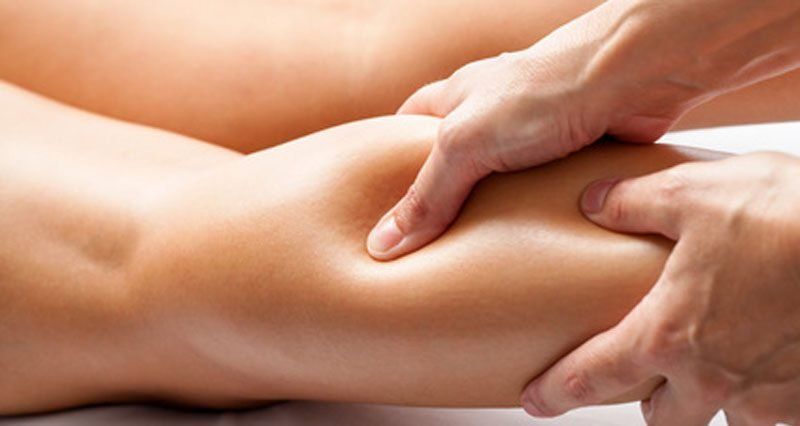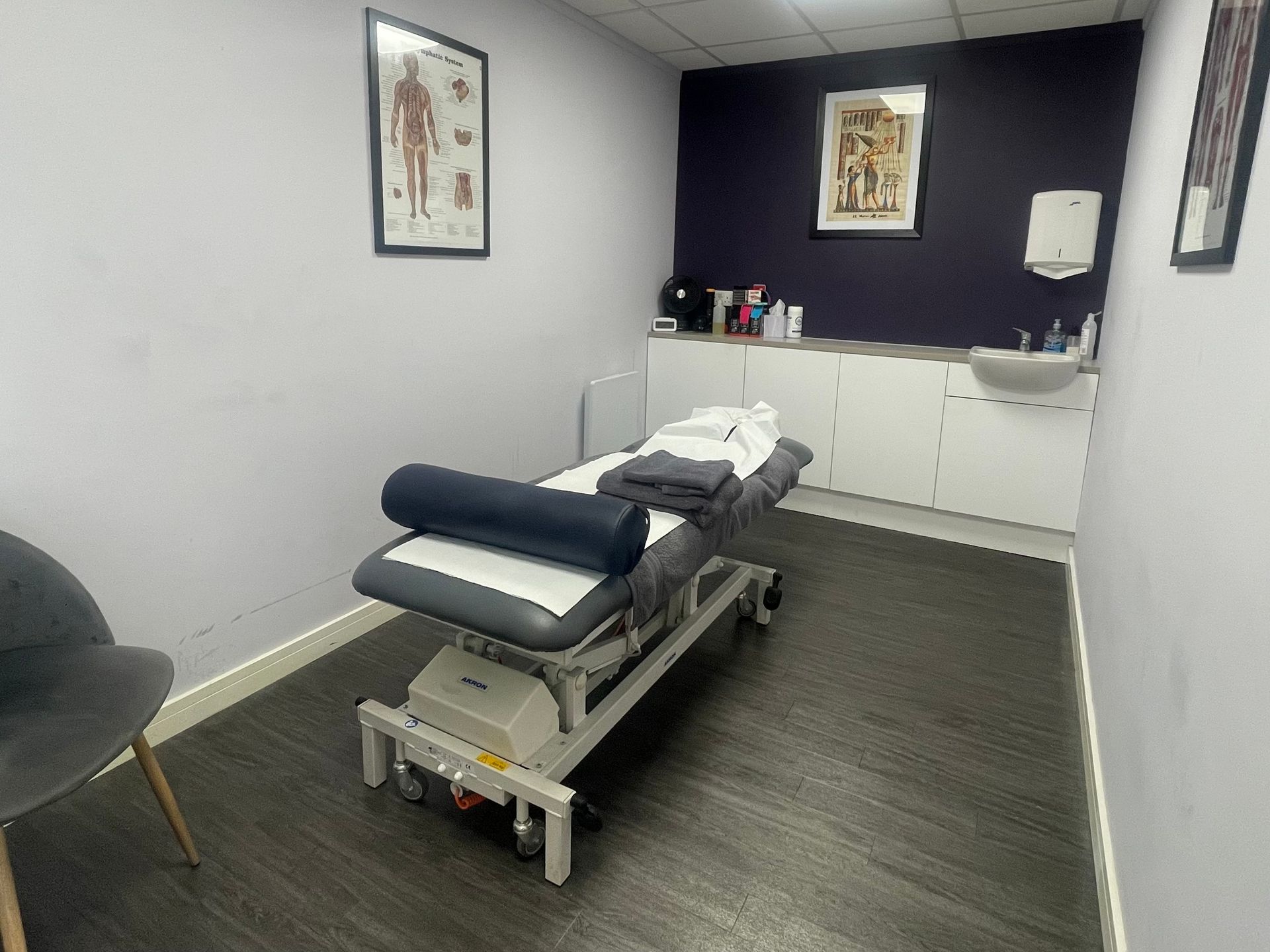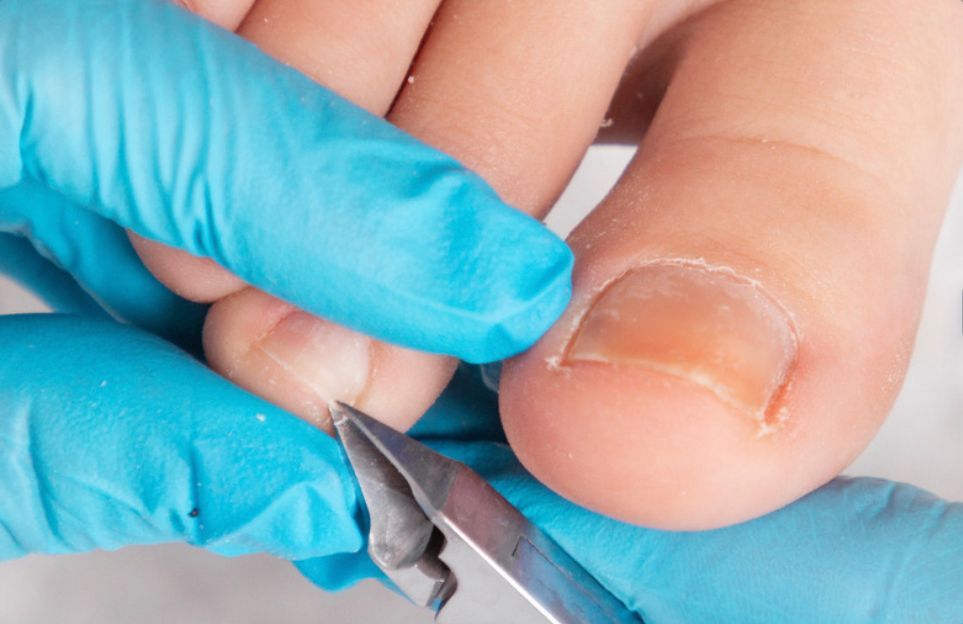Why see a Podiatrist for gait analysis?
Why see a Podiatrist for gait analysis?
Why see a Podiatrist for gait analysis?
I’ve been told my local sports shop does gait analysis when I buy a pair of trainers…
If you’re already injured or experience pain during or after your run, don’t rely on a sales assistant to diagnose the perfect shoe to take away the pain. Unfortunately, despite the genuine good intention from most running sales assistants, the ‘science’ typically used to translate results from their gait analysis into suitable trainer selection is not science, it’s their eyes!
So why should I see a podiatrist who charges me?
Podiatrists have studied the foot, ankle, and leg for 3 years. It is a very complex structure. A problem that occurs at the foot can have an effect on your knee, hip or back. It doesn’t always cause problems immediately; it may take years.
Why should I see a podiatrist?
Good foot health is essential for an active, healthy life. After all, your feet support your entire body, helping to maintain balance, posture, and overall wellbeing. Unfortunately, foot problems are some of the most common health issues people face — and they can lead to other medical conditions.
How can the feet impact other parts of your body?
Foot diseases and disorders can cause mobility issues and impact quality of life. So, it’s important to be aware of some of the ways that a foot condition, injury or illness can affect the health of other parts of your body.
- Back and knee pain may result from a foot disorder, disease, or sports-related foot injury. For instance, conditions such as plantar fasciitis, tendonitis or stress fractures may cause you to adjust your walking pattern to avoid hurting your feet even more. This can affect your posture and balance, putting stress on other parts of your body.
- Joint pain may result from flat feet, a condition in which feet don’t have enough arch to absorb the shock of routine activities like walking, running, and standing. Flat feet put additional pressure on joints.
- Leg pain, stiff legs and muscle weakness in legs can result from foot pain traveling to your legs.
- Poor posture can be the result of imbalance due to foot problems. When feet aren’t aligned with the rest of the body, this can cause you to be off balance, making you more prone to accidental falls and other injuries.
- Skin conditions can result from an athlete’s foot infection that has spread to other areas of the body, such as your hands.
What do your feet say about your health?
There are a number of health conditions that are sometimes first detected in the feet. Pay attention to these foot problems that could indicate a serious condition and should warrant a visit to your doctor.
- Foot cramps may be a sign of dehydration.
- Swollen feet can signal hypertension or diabetes.
- Tingling in feet may be a sign of a pinched nerve somewhere else in the body.
- Cold feet may indicate a thyroid condition.
What does a podiatrist do during the treatment?
- ·Assessment, this involves a detailed physical examination of the lower limb lying/sitting down, standing, walking, and running (if needed). The technology 'Footscan' is a pressure plate that can not only capture data standing on it but provide dynamic data as you walk or run over it giving information that could never be seen by eye. Treadmill and film analysis is also used.
- Take a medical history, seeing a healthcare professional will involve a full medical history, including previous injuries and surgery.
- Time, Time is taken to analyse all the data collected and an individual treatment plan compiled. This may include specific stretching and strengthening exercise, advice on footwear and orthotics if needed.
- Treatment plans, a treatment plan can either address a specific problem or help eliminate pain.
- Detailed clinic notes, these are kept from your assessment and reviewed at each visit. They can also be referred back to in years to come.
Since feet serve an important role in our overall health, it’s a good idea to check your feet regularly, taking note of any issues like bunions, foot injuries, skin infections, signs of foot pain or any of the symptoms above. It’s important to not ignore foot pain, since it could indicate a more serious health condition. If you have any foot health concerns, schedule an appointment with a podiatrist, who can diagnose the issue and recommend the right treatment options.





















